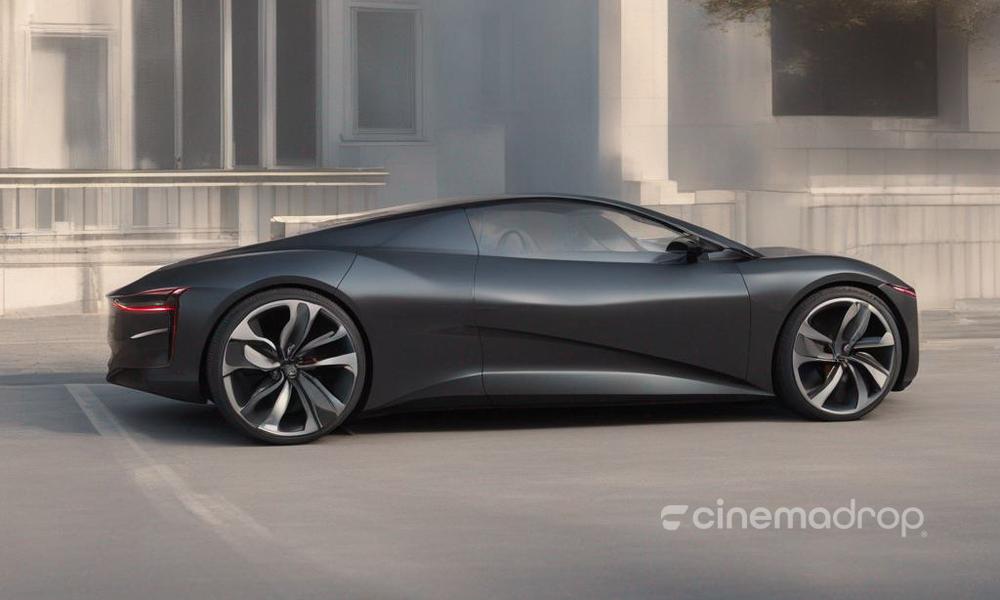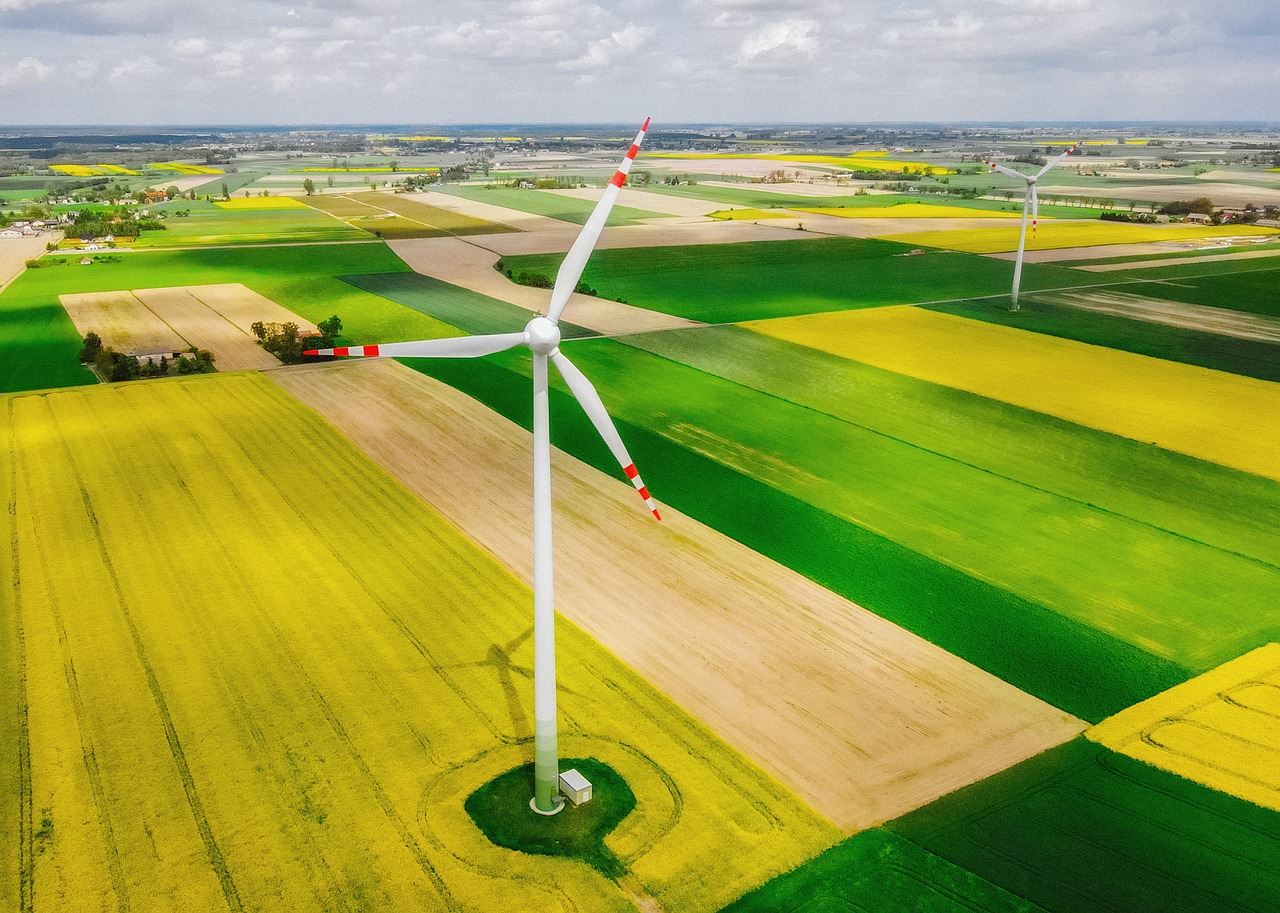The Future of Electric Cars: A Revolution in Transportation

Electric cars, a concept that dates back to the 19th century, have had an intriguing journey, oscillating between periods of growth and decline. Their story unfolds with a quick uptake in the early 20th century, followed by a sharp slump, a pattern that epitomizes the challenges of harnessing game-changing technologies. In spite of these early struggles, the late 20th and early 21st centuries witnessed a revival of interest in electric vehicles, setting the stage for a revolution in the world of transportation. This blog will delve into the present state of electric cars, the key drivers propelling their future, and their increasing role in promoting sustainable energy consumption. As we navigate these developments, we also take a keen look at leading players accelerating the electric vehicle evolution and the global impacts anticipated by this green revolution. The future of electric cars is here, disrupting traditional mobility paradigms and leaving an indelible impact on our environment and economy.
The Current State of Electric Vehicles

In recent years, electric vehicles have witnessed considerable growth and acceptance. This evolution is attributable to the ongoing innovations and competitive market dynamics that have introduced high performance models, significantly improving the capabilities and sales of electric vehicles. Current statistics indicate a positive incline with a range of high-powered cars leading the market. Electric vehicle models like Tesla's Model 3, the Nissan Leaf, and the Chevrolet Bolt, among others, have proven that electric vehicles can offer competitive mile ranges at a relatively reasonable price. Sales data reflect a growing consumer base shifting towards electrically powered vehicles. The International Energy Agency reported that global electric car sales jumped by 40% in 2020, showcasing the steady increase in customer acceptance and confidence in this technology. The market growth of electric cars stands as an indicator for the future of electric cars, giving a glimpse of an imminent transportation revolution. This current state of electric vehicles raises expectations for a future where electric cars are as common as their gasoline counterparts, if not more. These vehicles are paving way for a sustainable future with their potential for lower emissions, lower operating costs and involvement in a broader renewable energy ecosystem.
Impacting Factors for Future of Electric Cars

Taking into account several significant factors that will undoubtedly influence the future of electric cars, governmental policies and regulations are one such component that cannot be overlooked. For example, many governments across the globe are increasingly integrating incentives for electric vehicle (EV) adoption in their action plans to promote sustainability. Such incentives, ranging from tax benefits to subsidies on purchases, will play a pivotal role in making EVs a more attractive option for consumers and expediting their mass adoption. Beyond government intervention, the evolution of battery technology can also tremendously impact the future of electric transport. Ensuing research and advances in this field may offer solutions to current limitations confronting EVs, such as range anxiety and long charging times. It's noteworthy that breakthroughs in energy storage could allow EVs to travel greater distances on a single charge, while potentially reducing charging times. This would invariably lead to a more convenient and efficient ownership experience, making the technology more appealing to potential car buyers. One more intriguing dimension shaping the future of electric cars is the development of EV charging infrastructure. As of now, the widespread availability of charging stations is considered a critical aspect in fostering EV adoption. The growth in charging infrastructure not only necessitates a significant extension of existing frameworks but also calls for innovative solutions. For instance, the incorporation of renewable energy sources, like solar or wind, into charging systems could not just ensure sustainability, but also reduce operational costs. Hence, the visible or invisible threads connecting the various elements of EV charging infrastructure could also shape the trajectory of this technological revolution.
Green Energy and Electric Cars

The close ties between electric cars and renewable energy are reshaping the world of transportation. As we look towards the future of electric cars, their role in renewable energy consumption has become increasingly significant. They not only utilize energy more efficiently, but also pave the way for a seamless integration with renewable energy technologies. For instance, an electric vehicle can be charged directly from solar or wind powers, making it possible to run an entire vehicle on renewable energy sources. Some electric car companies are even providing solar panels alongside charging stations to promote this transition. This means that the carbon footprint of an electric car, already lower than that of traditional vehicles, can be reduced even further. The integration of renewable energy and electric cars is not just a theory, but a reality we are starting to see all around the world. There are several real-life examples that illustrate this. In places like Amsterdam, electric boat taxis powered by renewable energy are becoming commonplace. In California, Tesla offers a Powerwall system that could allow homeowners to charge their Tesla vehicles with solar energy. The future of electric cars signifies a paradigm shift from fossil fuels to green energy sources. Cars of the future will not only be electric but be powered by energy harvested directly from the sun, wind, or other renewable sources. This shift reflects a broader trend toward sustainability and responsible consumption, making electric vehicles a central player in a future dominated by green energy.
Key Advances in Electric Car Technology

Advancements in battery technology play an integral role in shaping the future of electric cars. With enhanced solutions for energy storage, electric vehicles (EVs) now can venture far beyond what they were originally capable of. Today, lithium-ion batteries offer higher energy density, translating into greater mileage per charge. It's an exponential leap from traditional lead-acid batteries, and improvement in such technology not only betters the quality of travel but also elevates acceptance among potential consumers. The progress in charging infrastructure is also significant. High-speed charging stations are more prevalent than they were a few years ago. Full charging of an EV can now take as little as 30 minutes, providing drivers with the convenience similar to that of traditional fueling stations. This extensive infrastructure caters to the needs of electric automobiles, enabling them to be a viable option for long-distance travel. Without a doubt, autonomous driving technology is revolutionizing the game for electric vehicles. Self-driving electric cars equipped with sophisticated features like adaptive cruise control, auto-parking, and traffic congestion navigations are making daily commuting less stressful and more efficient. A vast variety of sensors and modern software collectively improve the safety and user-friendliness of these vehicles, further bolstering the future of electric cars. Specifying each of these developments, one can see how far electric car technology has come. Yet, the journey of innovations hasn't stopped, promising an exciting future for EVs. Constant advancements are working towards making electric cars not just an alternative, but the preferred choice, pushing the envelope for the future of transportation. In conclusion, while some may still see EVs as vehicles of the future, in reality, the future is already here. With the advancements in battery technology, charging networks, and autonomous functionality, the revolution of electric cars is well on its way to change the landscape of global transportation.
Big Players in the Electric Car Revolution

Tesla has undeniably been a driving force in the adoption of electric vehicles. Its innovative approach, coupled with the ambitious vision of CEO Elon Musk, has helped to bring electric cars to the forefront of the automotive industry. Their vehicles, such as the Model 3 and the Model S, are widely recognized for both their aesthetic appeal and impressive range capabilities - reaffirming the potential future of electric cars. But this isn't a one-company race. Traditional car manufacturers, previously on the fringes of the electric revolution, are asserting their roles in shaping the future of electric cars. For instance, General Motors unveiled a $27 billion plan to produce new EVs, while Ford pledged $11 billion to introduce 40 electric and hybrid models by 2022. Their involvement signals a paradigm shift in the industry, with electrification becoming a central part of their strategic roadmaps. Suddenly, promising electric vehicle startups are popping up worldwide, eager to claim a slice of the growing electric car pie. Companies like Rivian, Lucid Motors, and NIO are gaining traction with their innovative designs and technologies, pushing the boundaries of what's achievable in the EV sector. These companies are utilizing novel concepts like battery swapping, advanced driver-assistance systems, and exclusive charging networks to challenge preconceived notions about EVs. Despite the competition, the increasing number of players in the electric car revolution provides consumers with more choices and influences a broader adoption of electric cars. Each manufacturer, whether well-established or a newcomer, is contributing valuable advancements that drive the industry forward - proving that the future of electric cars is not a distant dream, but an imminent reality.
Future of Electric Cars: The Global Impact

The future of electric cars has the potential to make a lasting, global impact on the environment and economy. Firstly, the prominence of electric cars has immense implications for environmental conservation. Electric vehicles directly contribute to reducing greenhouse gas emissions as they produce zero tailpipe emissions. This drastic cutback in pollutants will result in cleaner air, combating climate change, and conserving non-renewable fuel resources. It opens the door to a future where cities with heavy vehicular traffic can effectively diminish their carbon footprint, offering real hope for a more sustainable world. Secondly, the economic impacts of widespread electric vehicle adoption could be transformative. With the potential to stimulate job creation in EV manufacturing, battery technology, and charging infrastructure, this new automotive landscape will mold the future of the industry, steering it towards greener pastures. Increased demand for electric vehicles is likely to foster a multitude of opportunities across the electric power industry, engineering, technology sectors, and more. This could eventually lead to more competitive prices for consumers and a reinvigorated job market. In summary, the future of electric cars isn't just about a shift in transportation. It's the key to creating a more sustainable world by reducing climate change-causing emissions and creating a sustainable, long-term economic tool. As we look forward to the future of electric cars, the benefits they hold for the global ecosystem, economy, and society as a whole become more evident. Electric vehicles will guide us towards a more sustainable future where transportation and environment conservation go hand in hand.
Electric Cars and Sustainability

In examining the sustainability aspect of the future of electric cars, it's crucial to delve into the complete life cycle analysis. From their production, use, and finally to their post-use stage, electric vehicles (EVs) carry a significant environmental advantage over their fossil-fueled counterparts. Much of this is attributed to the absence of tailpipe emissions, leading to substantially lower carbon footprints during their operation. However, the overall environmental impact also relies heavily on the source of the electricity used to charge these vehicles. When powered by renewable sources, such as wind or solar energy, the impact on sustainability increases markedly, potentially offsetting the emissions typically associated with production and disposal. The recycling and disposal of car batteries also come under scrutiny in understanding EV sustainability. Used EV batteries that seem depleted and unusable, in reality, retain approximately 70% of their original capacity. This introduces a broad avenue for their potential second-life applications, which could include less-demanding tasks such as stationary storage for renewable energy. The recycling approach not only minimizes waste but also aids in energy conservation. Furthermore, valuable materials, like lithium and cobalt, can be recovered and reused in new batteries, further promoting a circular economy in the automotive industry. Therefore, electric cars' sustainability hinges on comprehensive lifecycle management and innovative recycling strategies.
Conclusions: Shaping the Future of Transportation

Electric cars are on the precipice of becoming the mainstream form of transportation, radically shaping the future of not only the auto industry but the entire global economy. Anticipated long-term benefits of electric vehicle (EV) adoption include substantial reductions in greenhouse gas emissions and advances in green energy solutions. With increased commitments by governments worldwide and companies, especially those in the automotive sector, to electric mobility, there is an increasing likelihood that our roads will soon be dominated by EVs. In this transformative journey, every consumer has a role to play. As we turn the keys to igniting an EV revolution, we are not merely driving towards a more sustainable future, but we are also contributing to the greater good of our planet and future generations. This is the unfolding revolution in transportation, marking the future of electric cars.
